Togo
The Togolese government has lifted the ban on weekday protests which was imposed last month and unsuccessfully executed after anti-government protesters defied the order.
This was part of measures adopted by the government including the invitation of “neutral observers” from the civil society to observe protests and give vivid accounts; and the withdrawal of plainclothes security officers from protests to “avoid controversies”, the state media reports.
The decision was reached in a meeting between government officials, some political parties and the civil society on Wednesday in the capital Lome.
“I believe that with this concerted effort, we can avoid the deaths, injuries and rampages that characterize these demonstrations,” said Damehame Yark, the Minister of Security who insisted that Togo guarantees freedom of expression and protest.
These measures come a week to series of opposition protests scheduled for November 7, 8 and 9 – which are weekdays.
The coalition of 14 opposition parties mapped out routes for the mass demonstrations in Lome and all the major towns to demand the return of the original 1992 Constitution that stipulates a two five-year term limit for presidents as well as a two-round voting system.
They are also calling for the introduction of diaspora voting, independent inquiry into the deaths of protesters and the delivery of justice, the immediate release of political detainees and the cessation of arrests and persecution.
President Faure Gnassingbe who is being asked to resign has said that he was an elected leader yet social media is being used to portray him as a “bloodthirsty dictator”.
“Today, those who intoxicate, those who lie, have found allies in technology and can turn a righteous thing, or a simple man like me into a bloody dictator. But sooner or later, the truth shall triumph,” Gnassingbe told his party members last week.
“I was elected and sooner or later, the truth shall reveal itself. It takes courage, patience and strength to overcome the ordeal, and I know we can do it,” he added.
At least 16 people have been killed in the protests which started in August.



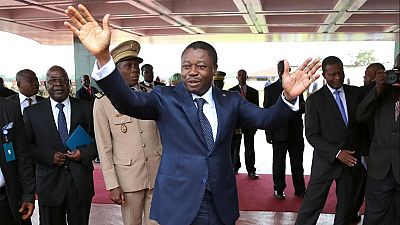

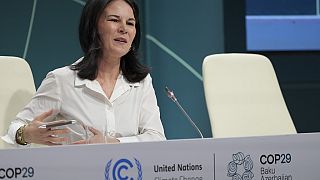
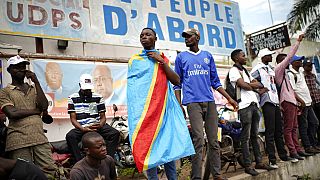
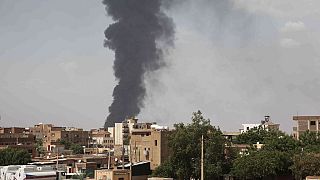
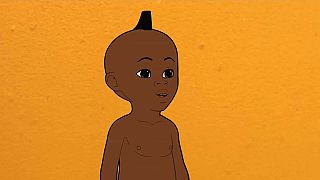
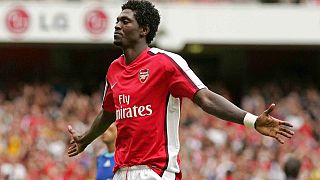
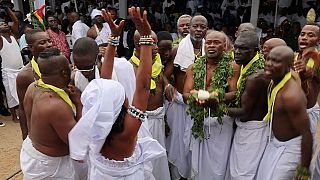
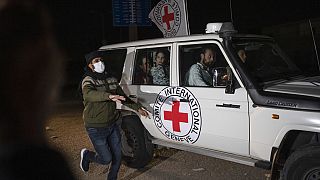
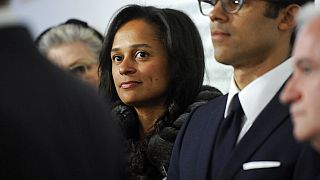
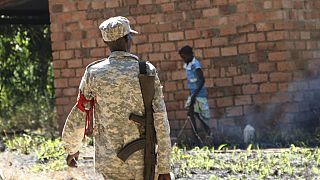
01:16
Ugandan opposition politician kidnapped and jailed, his wife says
01:08
Mozambique: Opposition leader Venancio Mondlane faces legal action
01:07
Pro-palestinian demonstrators protest in Rio de Janeiro as G20 summit unfolds
01:10
Senegal parliamentary elections: Polls open, over 7 million expected to vote
01:00
Maori MPs stage haka protest against treaty bill
01:03
Senegal’s legislative elections: Prime minister calls for retaliation against “attacks” on supporter